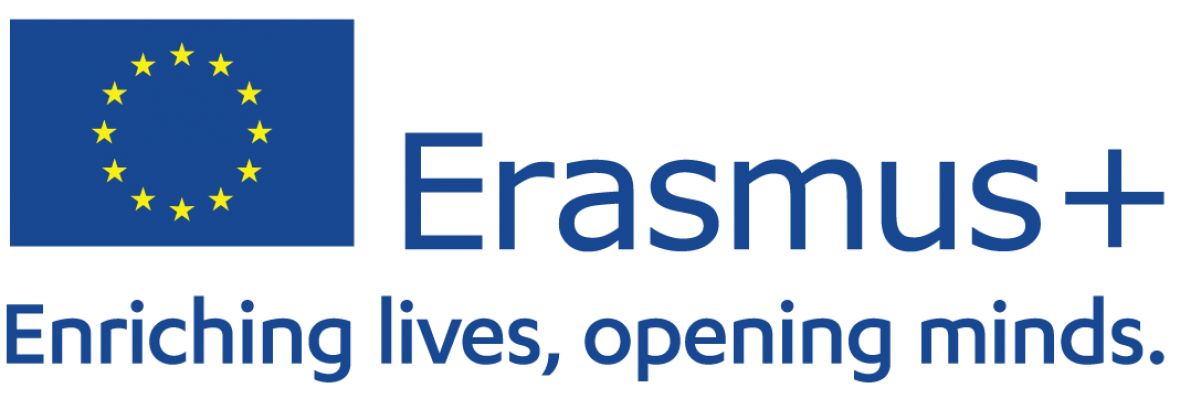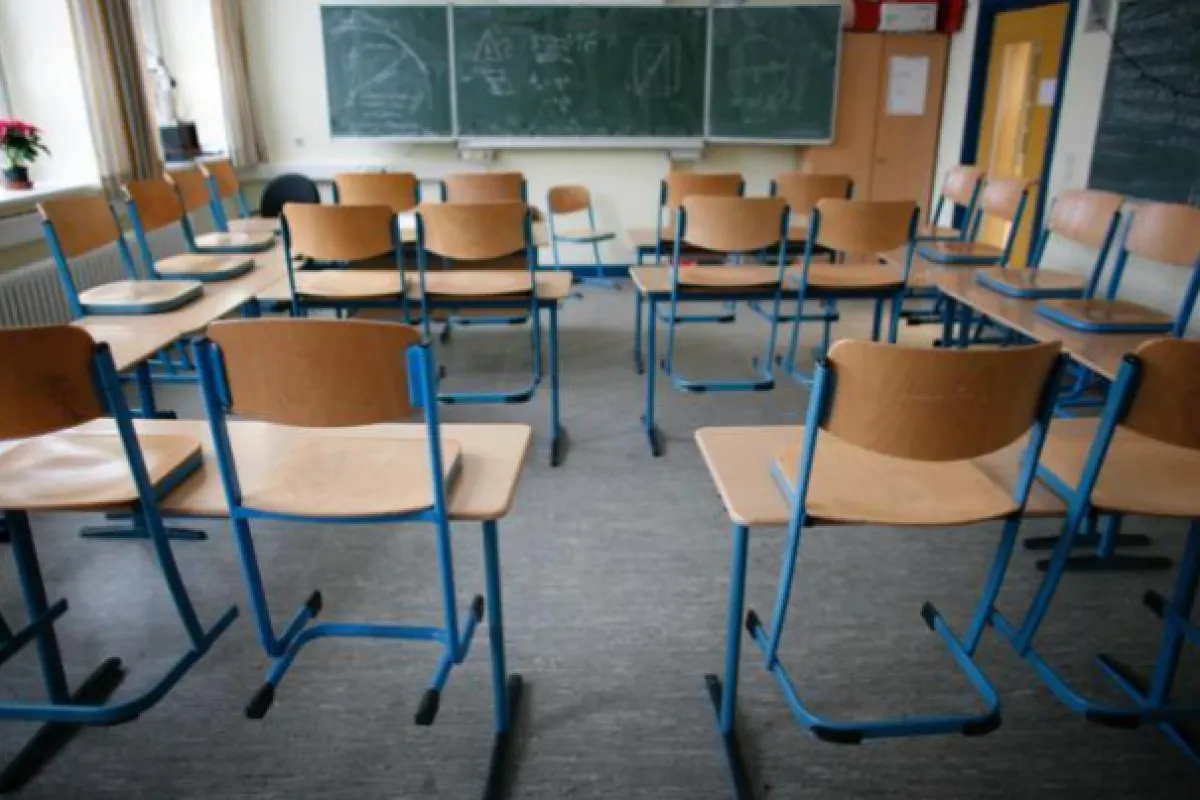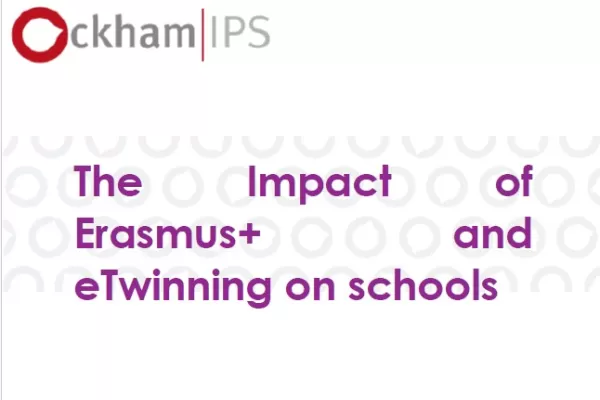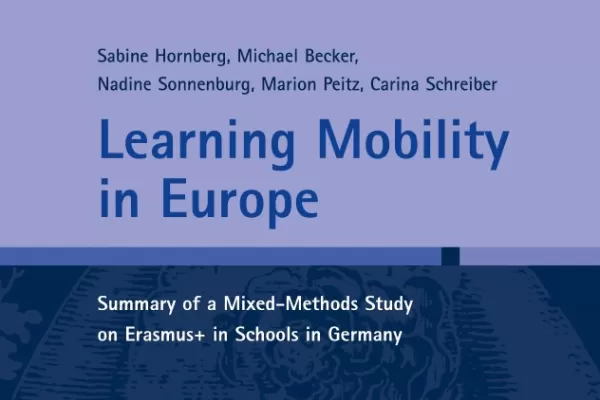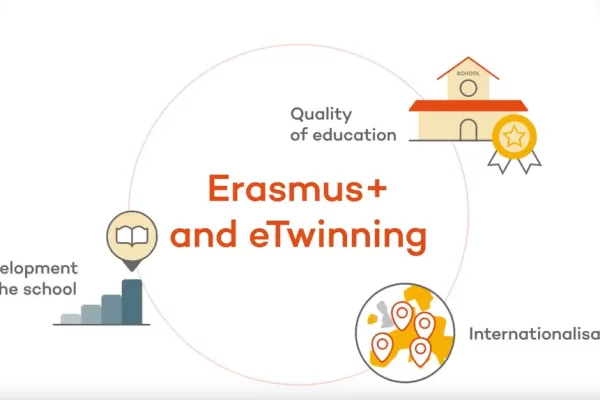Key topic of study
In 2020 and 2021, a drastic change took place in the world, including the education system, which has drawn even more attention to the importance of digital education, the essential need for the conscious, goal-oriented use of digital tools as well as the fundamental need for digital competences.
From this, a Long-Term Activity (LTA) for school education, lead by the Tempus Public Foundation, Hungary was created with partner countries: the Czech Republic, Estonia, Germany, Hungary, Ireland, Luxembourg, Malta, the Netherlands, Slovakia.
This LTA initiated a study with the aim to identify fields of interest based on which the partnership will be able to plan events strategically and collaboratively in the field of digitalisation in school education.
The study consisted of two parts: desk research followed by a complex field research on 3 levels: institutional, community, and individual level.
The preliminary desk research laid the basis for the complex field research, which consisted of focus group discussions, interviews carried out online with LTA partner countries and online surveys. After the analysis of the field research results, the final report was created and published in 2022.
Research results have been shared with partner countries of the LTA. Relevant parts of the research will also be shared through an online course, as well as on the SALTO platform, and with stakeholders at the Commission and elsewhere.
Resume
The transition to digital education has not gone smoothly in any Member State. It can also be argued that while solutions for the delivery of content to ensure the basic level of teaching and learning processes were developed relatively quickly, the importance of other school functions was experienced only by students and parents during school closures due to the pandemic.
The most important lesson to be learned is to break away from the view that the school only serves and continues to serve the curriculum. Online education can be provided almost anywhere with the development of specialised curricula, high quality lectures and the right infrastructure. The real problem is shifting the social, socio-cultural, ergonomic and communication role of the school to the online space. Its roles in addition to its educational tasks are much more difficult to replace and manage, yet the lack of these functions causes many mental and emotional disorders among students.
Three types of risks of digital teaching and learning are worth highlighting. One is infrastructure, the equipment requirements of online education are in principle much lower than those of face-to-face education. At the same time, inadequately supported infrastructure can cause a fatal backlog for students from poorer backgrounds. Equity is considered to be the most important risk factor. The other risk is if online alternatives to the support functions of schools do not emerge. Students play at school, eat, participate in leisure activities, build relationships and nurture with contemporary groups. These roles cannot be replaced with online education. Thirdly, security of learning data must be ensured in every Member State in the forthcoming period.
The most important factor to make digitalisation sustainable in school education is long-term forward planning, strategy-making covering all elements and aspects, creating the conditions for digital education.
Conclusions
- What to keep? What to let go? Digital teaching post-Covid: How to go hybrid in schools? Is BYOD doable? Bandwidth challenges in schools. What (else) is needed and possible? How to connect digitalisation to other priorities: e.g., inclusion challenges, digital divide?
- Use of ICT tools and digital skills development, but also communication in the online space (teacher – student, teacher – parent).
- Finding a new balance: offline skills vs digital skills (social skills, handwriting, speaking, critical thinking, etc.) The effects of digital fatigue (student, teacher); mental health, digital well-being.
- Collaboration for digital transformation, multi-agency approach: NGOs, local start-ups, research institutes, teachers’ communities, school networks.
- Digital content creation & knowledge sharing (digitised textbooks, online apps, etc.) and collaboration among content creators, digital curriculum development, good practice sharing.
- Internet safety and platform use, privacy rights, need for European providers (GDPR, tools, use of camera, internet, etc.).
Recommendations
- A full European extension of hybrid experiments will be needed to achieve a 21st century education built on the experiences of the pandemic.
- The development of digital infrastructure should not be concentrated exclusively in schools. The Bring Your Own Devices approach should be enhanced remembering the bitter experience when much of the infrastructure was shut down in schools.
- At the time of school closures, none of the existing digital services were able to meet the complex needs of schools. The platforms offered to schools (Google Classroom, MS Teams) are not products built with educational logic and their main purpose is to provide cloud service. Therefore, there is a need to develop new learning platforms in Europe. Platformisation is the ultimate yardstick for the school’s digital transition. Without the use of a learning platform, there is no notable digital performance in schools.
- The global platforms used during the COVID pandemic collected European learning data. In the future, either GDPR regulation for global platforms should be strengthened or genuine European platforms and cloud services should be established.
- One of the toughest challenges for teachers during the pandemic was digital content creation. Each Member State has shown a different degree of maturity for the provision of adequate digital content. In the future, not only the development of educational digital content is needed, but also the development of task banks and assessment applications.
- Previous efforts of technological development should be followed by teacher development. The pandemic has clearly demonstrated that traditional in-service teacher training has prepared teachers for the digital switchover with modest efficiency. Therefore, a new type of practice-embedded learning is needed to apply digital skills - optimally to develop hybrid learning systems in schools.
Download the report
- Supporting Digital Transformation in School Education at individual, community, and institutional level.pdf 5MB / pdf Download
More information?
Looking for more information about this project? Get in touch: tca-rc@tpf.hu.
